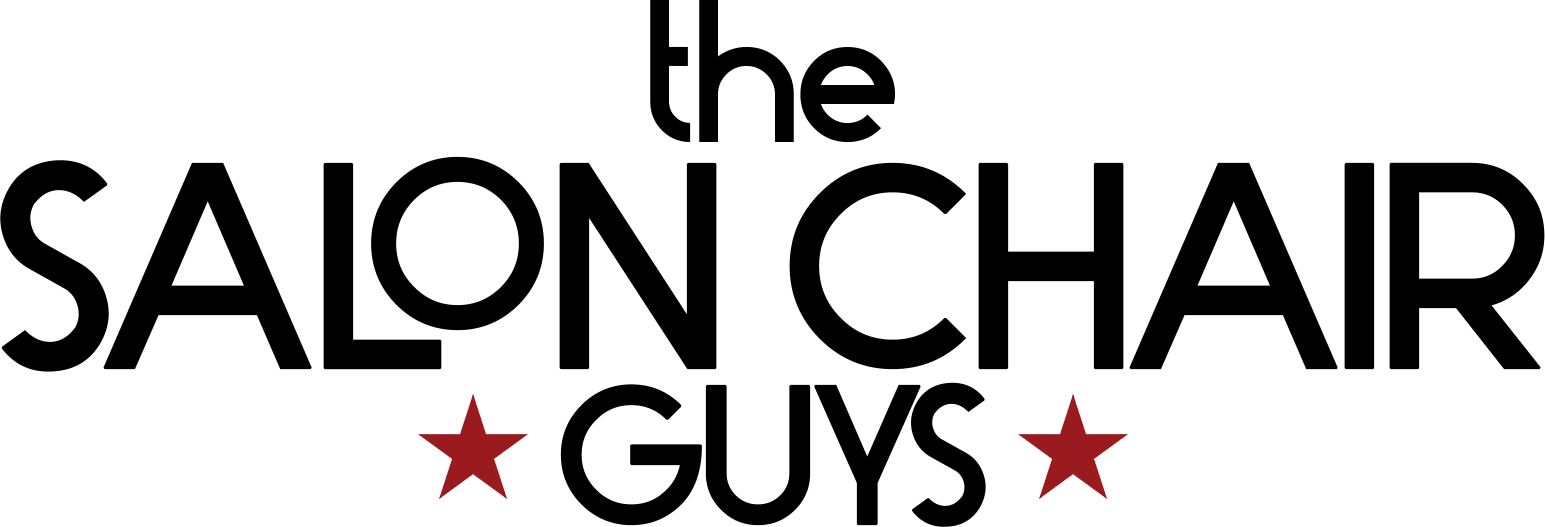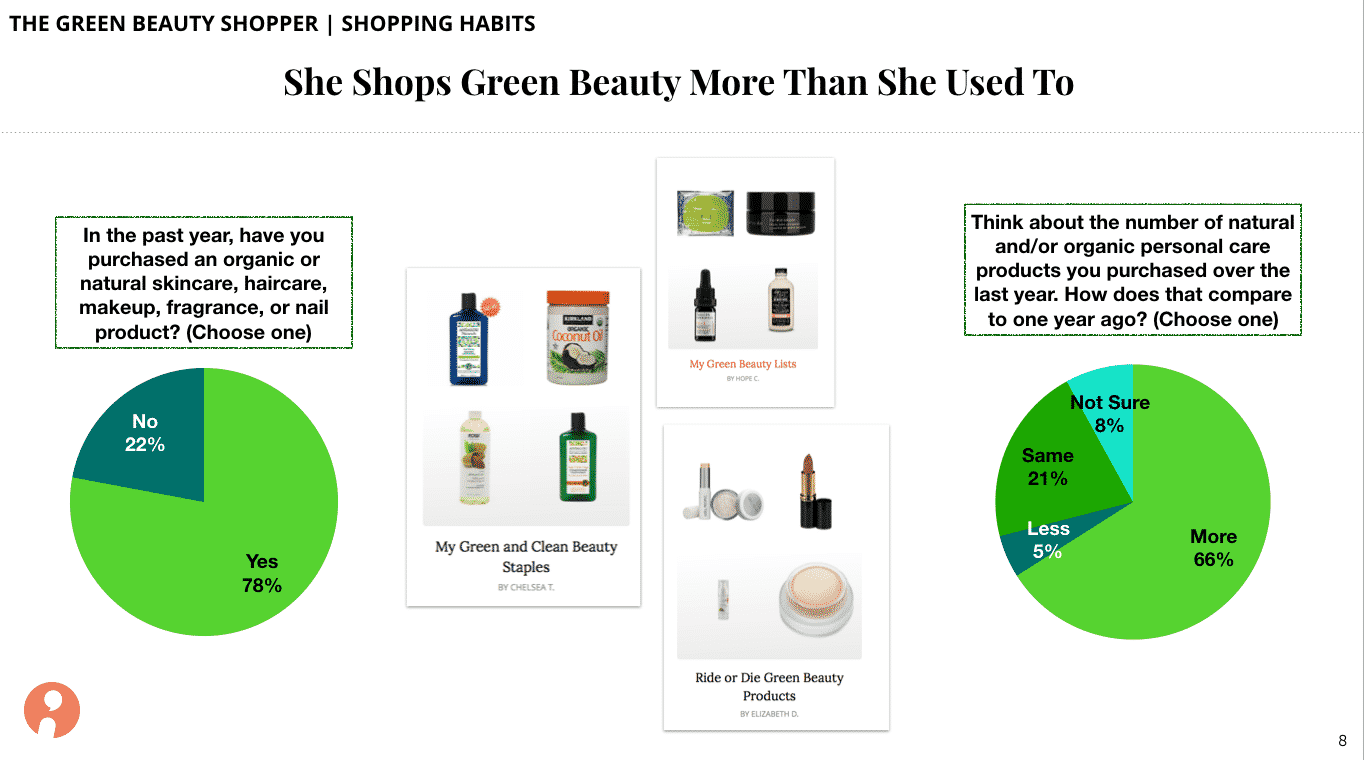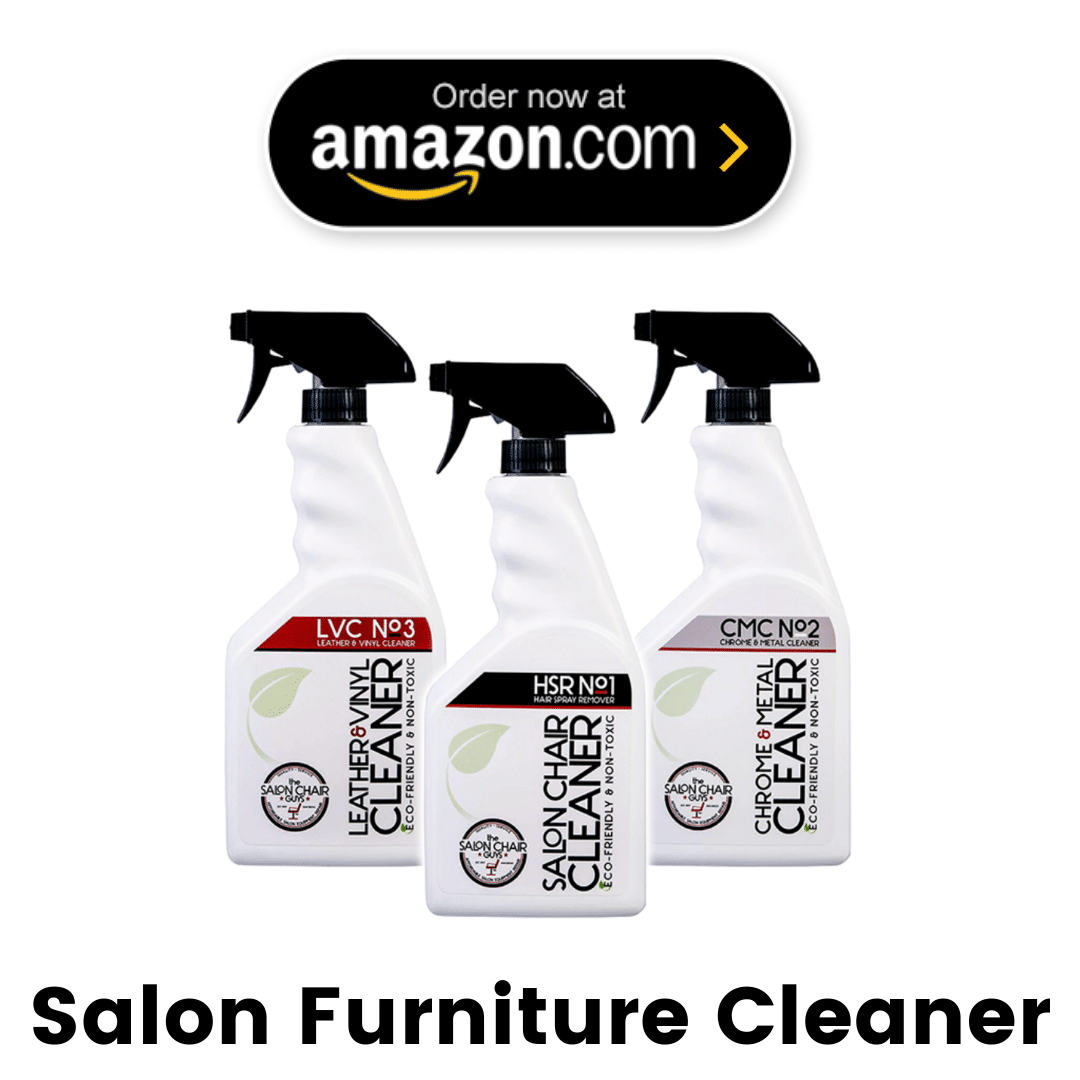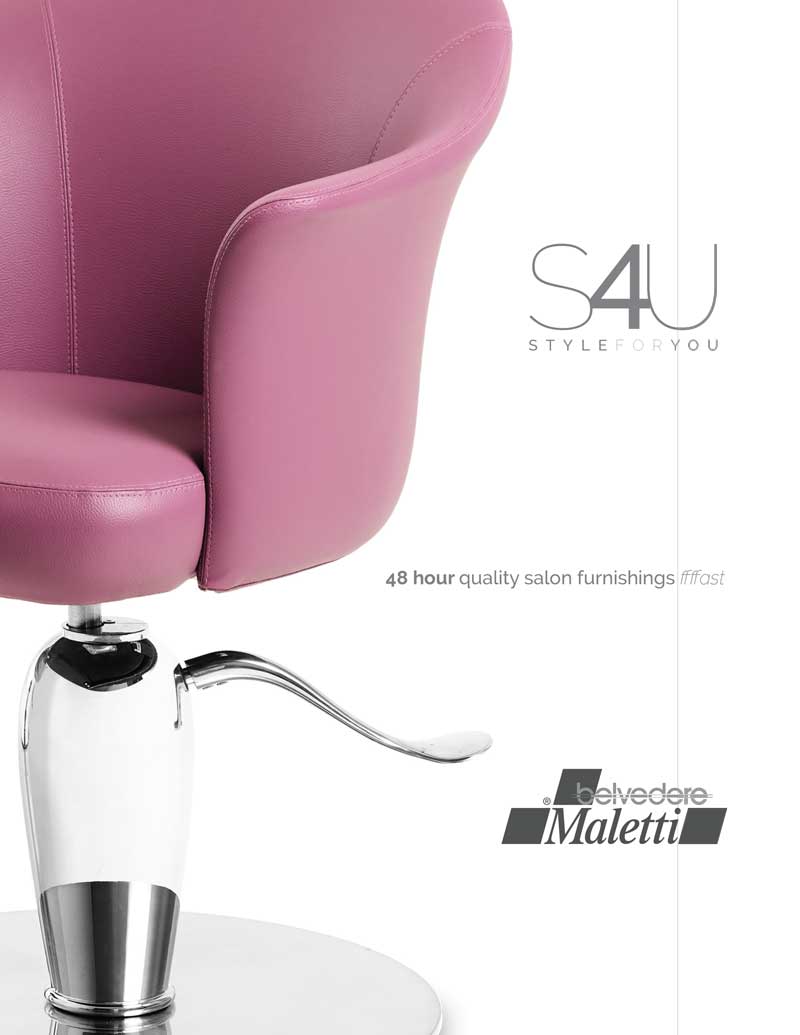

The hair and beauty industries have long produced more non-biodegradable waste and more chemical pollution than many other direct-to-consumer spaces. It’s a challenge even for eco salon operations to deliver truly sustainable beauty services to clients, since so much of what happens behind-the-scenes is categorically not eco-friendly. Nevertheless, the increasing popularity of eco salon and green salon spaces is both leading and responding to some major changes in consumer preferences and buying habits in the industry.
Salon owners/managers hoping to survive this shifting industry environment and thrive as a green salon business must consider the sustainability of more than just the products they carry and use. Following industry-leading energy-saving and waste recycling practices, as well as using eco salon cleaner products (like Salon Chair Guys eco salon chair cleaner), helps ensure that the backend operations of your green salon uphold the clean beauty promises you make to customers.

Generally speaking, your average consumer these days is less brand-loyal than ever, with 92% of consumers readily and regularly switching products, brands, and providers. Before anybody blames the millennials for this one, it’s important to acknowledge that this trend is likely just the natural result of having more choice over what to buy and access to more businesses to buy it from.
That being said, beauty—and especially salon-industry customers—are dramatically more brand-loyal than average consumers, with as much as 70% of business coming from repeat/loyal customers. Undeniably, customers are more likely to keep going back to the same salon (or stylist) and more likely to keep purchasing the same products, even after having less-than-stellar experiences or when presented with less expensive alternatives. This is especially true for eco salon businesses and Green Circle Salons, since more than one-third of customers are willing to knowingly pay higher prices for sustainable beauty services and products, and a business’s ethical/sustainable practices are the second-strongest driver of loyalty (after product/service quality).
While hair and beauty industry customers are more brand-loyal than ever, your clean beauty practices can convince them to switch with a greater success rate than almost any other marketing tool. Two-thirds of hair and beauty industry customers are prepared to switch from even long-time loyal brands if they see that other products and practices are natural and pollutant-free. What’s more, nearly three out of five salon customers are actively interested in trying out new products and services based on their sustainable materials/manufacturing and clean beauty promises.
Consequently, this drive towards natural, clean, and sustainable products and services is the second-biggest trend shaping the beauty industry headed into the 2020s. This creates unique opportunities for even small eco salon operations to benefit from gaps in service by established and multi-location salon brands. Instead of trying to compete for customers by undercutting prices, which rarely works, any green salon just getting started—or just getting started with sustainable beauty—can earn the loyalty of a considerable number of clean-minded customers.
Consumers’ purchasing decisions about buying clean beauty products and services are informed by so much more than just an idle interest in trying out or openness to switching to using natural, clean, and sustainable beauty products and services. The majority of hair- and beauty-industry customers say that purchasing sustainable beauty products and services is actually very important to them; more than half of all salon-industry customers (ranging in age from 18 to 65+) report that natural, green, and otherwise clean beauty services and products are important to them. This preference is even stronger among salons’ biggest consumer segments, with more than three-quarters of women ages 18-35 and nearly 70% of women aged 35-44 (accounting for 24.6% and 27% of salon customers, respectively) reporting a strong interest in buying only from clean beauty brands. What’s more, this preference extends to much more than just the contents of the products used, with customers showing in increased interest in whether product packaging and other byproducts are recyclable as well as whether they were produced and procured sustainably.
It shouldn’t be too surprising that customers don’t want to find out down the line that their favorite clean beauty brands have some secret dirty laundry. It can be a challenge to find chemical-free and all-natural products for every service in your eco salon (hair bleach can only be so natural). Yet being transparent about chemical ingredients, making a visible effort to use non-toxic products, and implementing practices that reduce the effect of chemical products on the environment can all go a long way towards proving to eco salon customers that your business aligns with their priorities.
Additionally, as more and more salon products and services include farm-sourced ingredients (like the coconut oils in Salon Chair Guys brand eco salon chair cleaner), the most successful businesses will be those that make an intentional effort to follow a sustainable farm-to-table type approach. That is, green salon owners must be just as aware of unsustainable farming practices that go into producing some alternative natural ingredients as they are about the toxicity of chemical ingredients. Using palm oil eco salon cleaner instead of coconut oil eco salon cleaner, for example, may be natural but is not a clean beauty business practice, since palm oil farming is hugely problematic both in terms of its environmental and humanitarian costs.
Clean and sustainable beauty product sourcing are activities at the leading edge of the eco-friendly beauty industry. Consequently, these practices and promises are still very much in the process of being shaped by both consumer expectations and salons’ capabilities. Customers are more likely to expect to see innovative sustainable beauty practices everywhere as time progresses, meaning that authentic eco salon spaces will need to gain credibility from outside certification as a green salon.
This is why independent certification organizations, like Green Circle Salons, are becoming increasingly important to eco salon success. Certified Green Circle Salons are spaces that are verified sustainable beauty businesses that use clean beauty products and practice the very best in sustainable beauty industry operations. As business capabilities and customer expectations change concerning ideal green salon experiences, certification organizations like Green Circle Salons will become even more important to influencing customer purchasing decisions. Plus, as those capabilities and expectations continue changing, backend business practices will become an even more significant part of gaining credibility as a green salon.

Any self-titled eco salon space can simply stock some environmentally friendly and clean beauty products and/or install water- and energy-wise fixtures. Yet an authentic eco salon (today) should also be committed to eco-friendly, sustainable behind-the-scenes practices. Salon Chair Guys eco salon chair cleaners empower beauty- and hair-industry professionals to do exactly that. Salon Chair Guys eco salon chair cleaners are non-toxic, free of pollutants and other chemical additives, and made of sustainably sourced materials using eco-friendly methods. Using Salon Chair Guys eco salon chair cleaner is good for more than just your fabric, vinyl, and leather salon chairs: these products are good for the environment, good for your customers, and good for your reputation as an industry-leading eco salon. Check out our full line of eco-friendly salon cleaners, here, or contact us to find out more about how our eco salon cleaning products can (naturally) help your green salon business grow.


